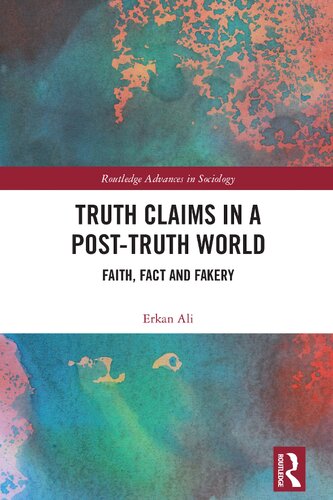

Most ebook files are in PDF format, so you can easily read them using various software such as Foxit Reader or directly on the Google Chrome browser.
Some ebook files are released by publishers in other formats such as .awz, .mobi, .epub, .fb2, etc. You may need to install specific software to read these formats on mobile/PC, such as Calibre.
Please read the tutorial at this link: https://ebookbell.com/faq
We offer FREE conversion to the popular formats you request; however, this may take some time. Therefore, right after payment, please email us, and we will try to provide the service as quickly as possible.
For some exceptional file formats or broken links (if any), please refrain from opening any disputes. Instead, email us first, and we will try to assist within a maximum of 6 hours.
EbookBell Team

4.0
56 reviewsDrawing on debates from a multi-disciplinary perspective, this book examines what it means to offer a genuine sociological critique of religious faith, illiberalism and anti-secularism from a macro perspective. Arguing that as a discipline concerned with real issues in the social world, sociology should be at the forefront of any analysis of religious power and legitimacy, the author contends that much religious faith is fundamentally incompatible with any twenty-first-century society that seeks inclusive, utilitarian and humanistic principles as its goals.
With an emphasis on sociology, the effects of organised religion’s overall decline in modern Western contexts are explored, while the troubling re-emergence or persistence of faith-based and other non-evidentiary perspectives is also discussed via debates around identity politics, postmodernism and multiculturalism. Through an analysis of the rise of irrational thinking in our politics and our entire social and cultural fabric, the book moves to conclude that religious beliefs and other forms of dogmatism are underpinned by powerful, influential and potentially dangerous ideological structures at various levels of society and that viable, secular alternatives to faith teachings ought to be nurtured in their place.
A critique of religion that advances modern, secular humanistic thought, Truth Claims in a Post-Truth World will appeal to scholars of sociology, social theory and philosophy with interests in religion, political thought, ethics and civil society.